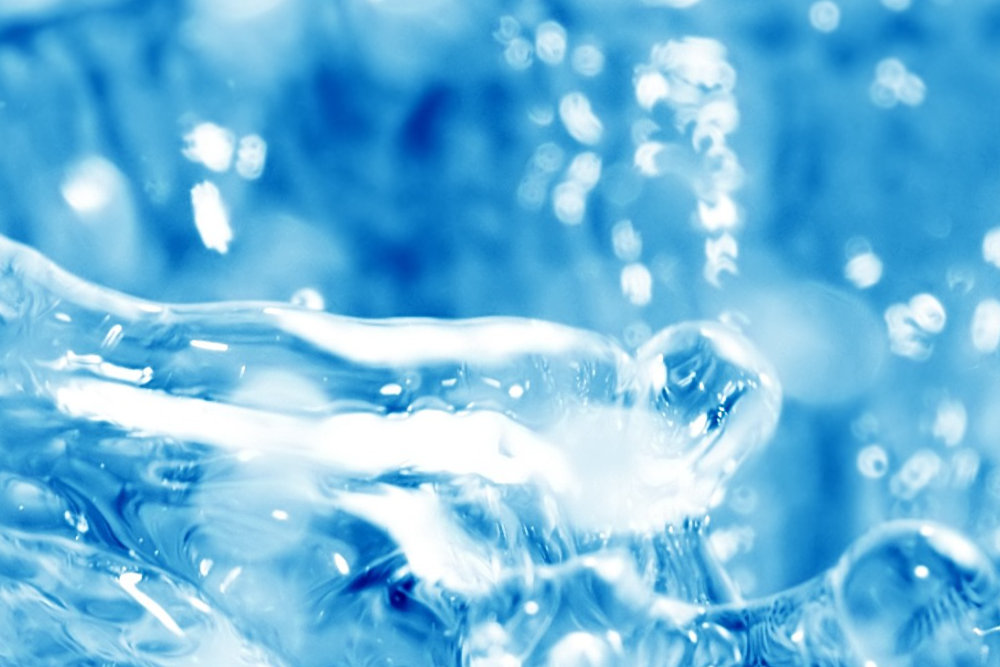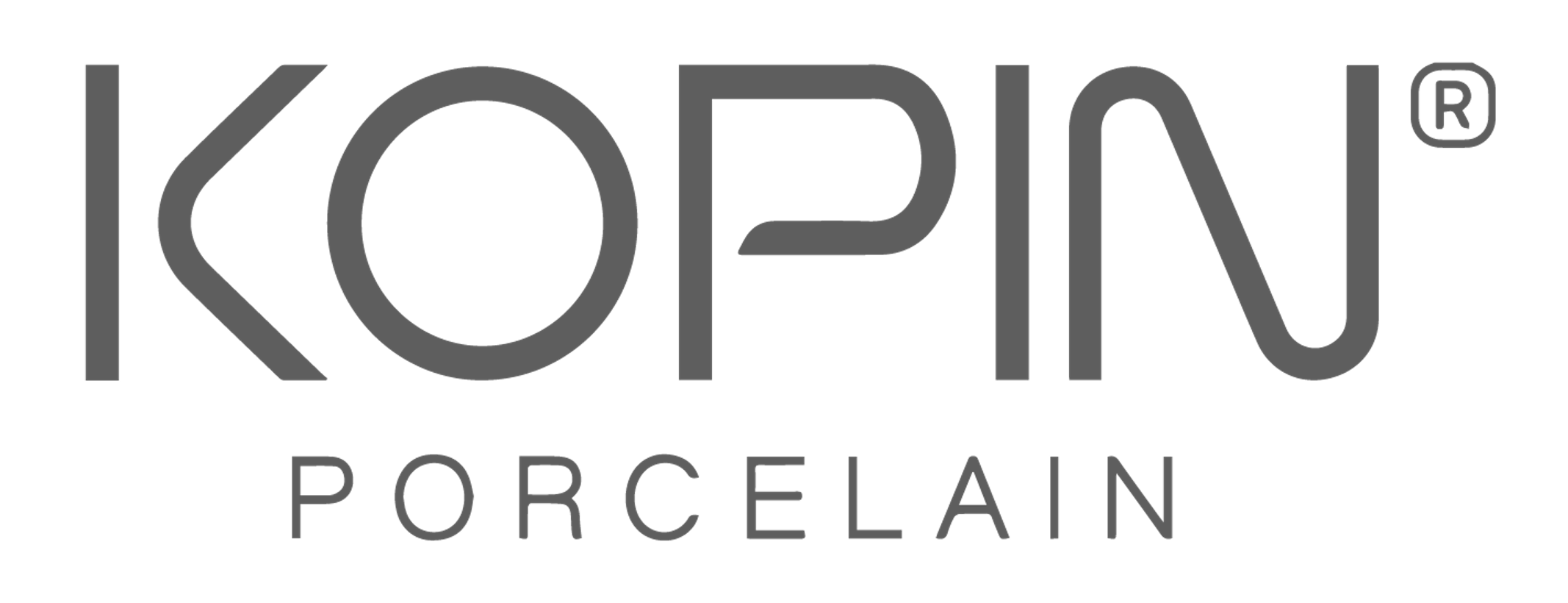Clean Water
CLEAN WATER
NIRA’s water treatment and wastewater recycling services to produce tap & potable water can be applied to all sectors.
Every commercial building and industrial premise needs clean water that is safe for human consumption.
NIRA helps customers get effective access to potable water supply in a way that is affordable, reliable, and sustainable – enabling clean water consumption that is environmentally responsible.


SAFETY
Sustaining the health and well-being of communities & customers with our safe drinking water

QUALITY
Provision of water that meets quality standards, including chemical, biological, and physical requirements

SUSTAINABILITY
Capability to meet present demand for clean water without threatening future needs
Innovative Technology
NIRA’s provides extensive range of water treatment technologies that enable customization of water solution to every client coming from various fields.

Reverse Osmosis

Filtration
The filtration process involves water passing through filters that have varied pore sizes and are made of different materials (e.g. charcoal, gravel, and sand). The filters would remove dissolved particles and germs in the water.

Clarification
The clarification process takes away suspended solids through gravity settling, producing a clarified liquid effluent. There is a wide range of clarification solutions and NIRA chooses the right clarification technology for your specified industrial water need.

Ultrafiltration (UF)
Ultrafiltration process can be used as an addition or as a substitute for traditional filtration. The filter in the ultrafiltration method only allows water and extremely small molecules (e.g. salts) to pass through as the filter membrane has a very small pore size.

Ion Exchange
Ion Exchange is a specialized technology that can eliminate dissolved ions and contaminants from water. By allowing ion exchange resins attract undesirable ions in water and exchange them with more desirable ions, the system effectively purifies and improves water quality.

Reverse Osmosis (RO)
Reverse osmosis can be considered as a variation of filtration method that removes additional particles from water. The RO technology is widely used in wastewater recycling, water treatment to produce demineralized water, and treating salt water for drinking.

Activated Carbon (AC)
Activated Carbon filters function mainly to absorb pollutants and eliminate taste and odors in water treatment systems, including organic compounds such as volatile organic compounds, pesticides, and benzene.

Electrodialysis (ED)
Electrodialysis (ED) is a technique that relies on an electric field gradient and can be used to separate minerals from feed water solution. This technology is primarily used for brackish water desalination and removal of hardness from industrial wastewater.







